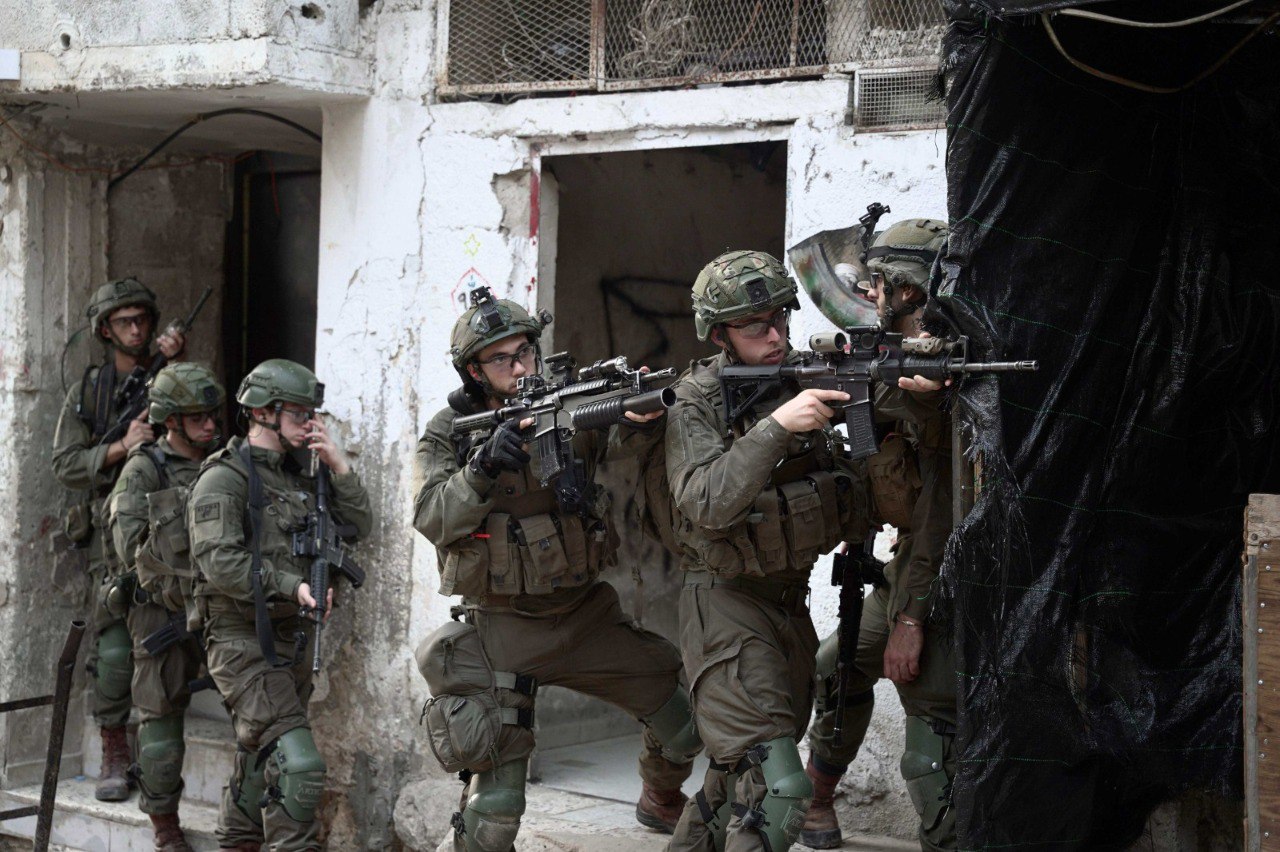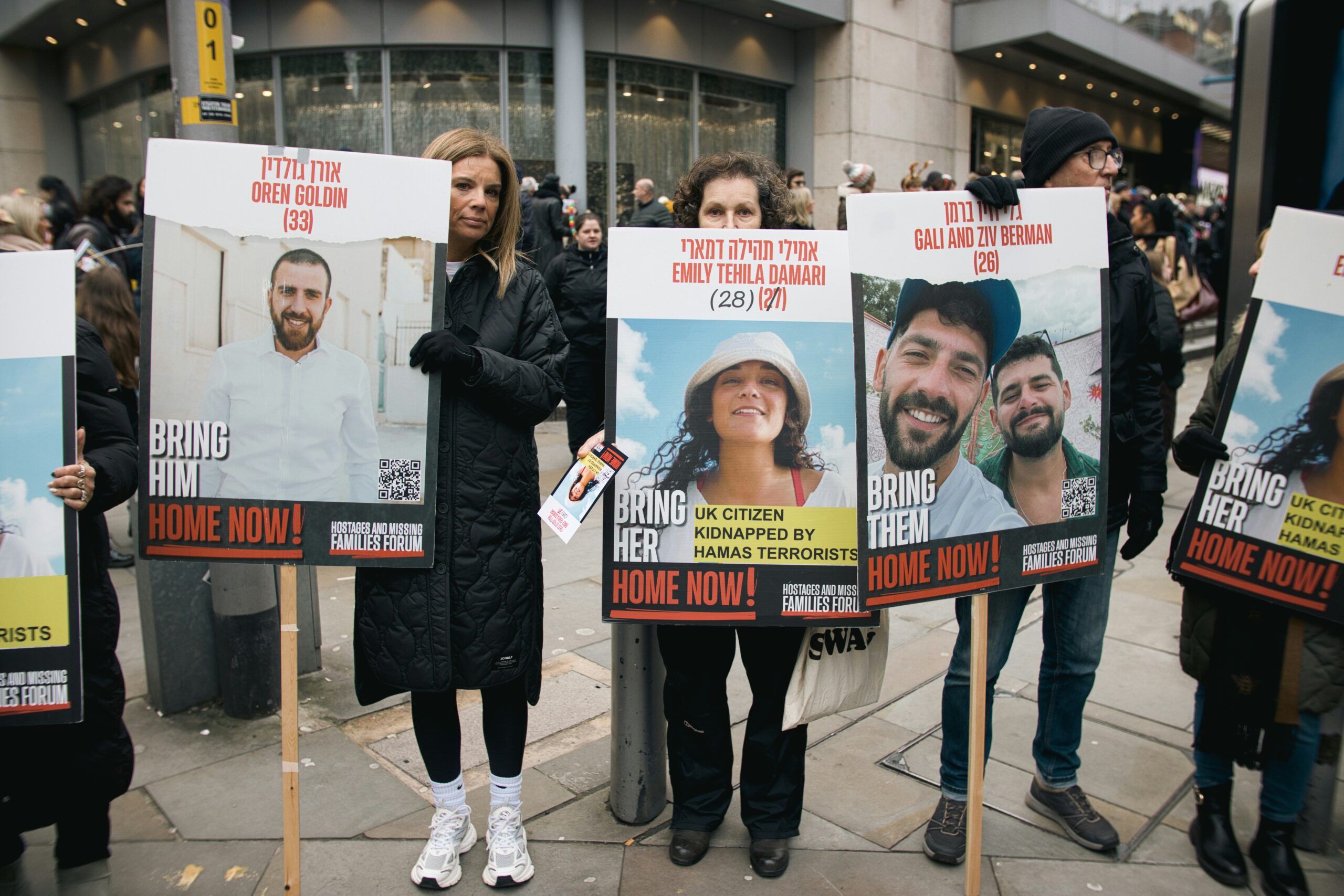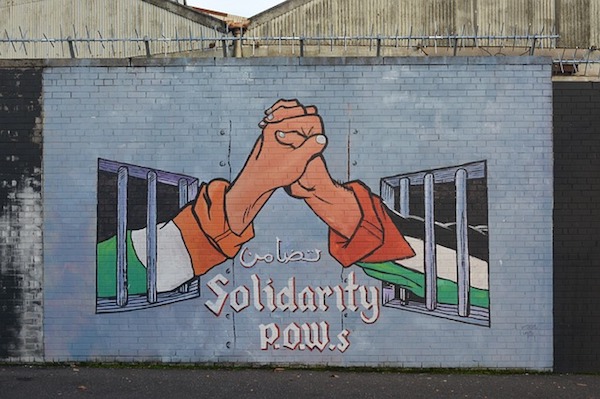The transitional government of Syria has formally requested the extradition of former President Bashar al-Assad from Russia, where he has lived in exile since being ousted from power in December 2024. The demand, announced by Interim President Ahmed al-Sharaa, marks the most direct effort yet by Syria’s new leadership to seek justice for the decade-long atrocities committed under Assad’s regime.
Assad, whose military campaigns against his own population drew accusations of war crimes and crimes against humanity, fled Damascus as the regime collapsed late last year. He was granted safe haven by the Russian government, his strongest wartime ally, which still maintains several military bases across Syrian territory.
In a statement released on March 23, the interim government stated that Assad must be held accountable “on behalf of the countless lives lost, the tortured, the displaced, and those who continue to suffer the consequences of his dictatorship.” The request was issued in tandem with broader negotiations around Russia’s future presence in Syria, including whether the Kremlin will be permitted to retain long-term control over its naval facility in Tartus and airbase near Latakia.
The Russian government has so far refused to comment publicly, with Kremlin spokesperson Dmitry Peskov saying only that Moscow would “continue further dialogue with the Syrian authorities.”
International human rights groups have welcomed the move, but remain cautious. “The extradition of Bashar al-Assad would be a historic turning point for international justice,” said a spokesperson from Human Rights Watch, “but only if it leads to real accountability.”
Russia’s involvement complicates the matter significantly. Moscow provided extensive military, political, and financial support to Assad throughout the Syrian civil war and is widely considered complicit in the regime’s most brutal campaigns, including the siege of Aleppo, the bombing of civilian infrastructure, and the alleged use of chemical weapons.
While some former Assad loyalists have fled or been arrested, the transitional government has not yet stabilized. Some regions remain contested, and key actors—including Kurdish-led groups in the northeast and residual Islamist factions in Idlib—have not formally joined the transitional process.
Still, the demand for Assad’s extradition signals a new phase in Syria’s slow and fractured reconstruction. Whether Moscow complies or refuses may determine not only Assad’s fate, but the geopolitical alignment of postwar Syria.
The Crustian Daily will continue to report on the international response to Syria’s extradition request and the broader questions of justice, sovereignty, and transition in the post-Assad era.
Author
Discover more from The Crustian Daily
Subscribe to get the latest posts sent to your email.













